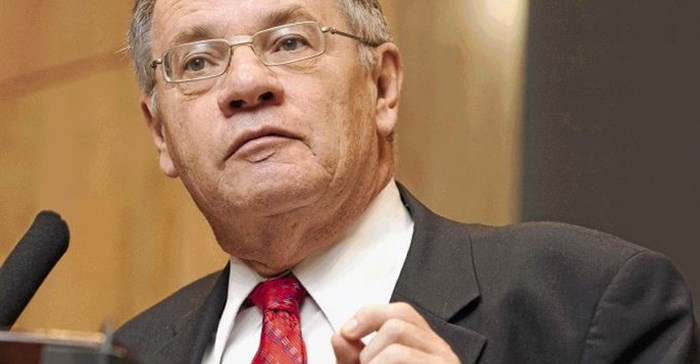Davis committee to mull wealth tax

It has asked for submissions - by end-May - on the possibility of a land tax, a national tax on the value of property (over and above municipal rates) and an annual wealth tax. Oral submissions will be heard during a workshop planned for June.
The need for additional sources of tax revenue is due to become even more urgent if the recent credit ratings downgrade of SA to junk status has a significant effect on the government's borrowing costs and on the rate of economic growth.
The committee's inquiry is based on a request by former finance minister Pravin Gordhan for it to investigate whether it would be appropriate for the government to introduce additional forms of wealth taxation and the feasibility of doing so.
"The distribution of wealth in SA is highly unequal, with recent empirical evidence suggesting that the Gini coefficient for wealth is about 0.95 (in comparison with the Gini coefficient for income of 0.67)," the committee said in a statement on Tuesday.
"It is well established that economic inequality inhibits economic growth and undermines social, economic and political stability."
The committee noted that SA had three forms of wealth taxes - estate duty, transfer duty and donations tax - which bring in about 1% of tax revenue.
Capital gains tax is considered by some to be a form of wealth tax but the committee said it was a form of income tax. It considered capital gains tax in its reports on estate duty and did not plan to consider it further in its inquiry into the possibility of a wealth tax.
Gordhan established the Davis tax committee in 2013 to investigate the role of the tax system in the promotion of inclusive economic growth, employment creation, development and fiscal sustainability.
In doing its work, the committee takes into account recent domestic and international developments and the long-term objectives of the National Development Plan (NDP).
The committee is required to take into account broad tax policy objectives such as revenue-raising to fund government expenditure; social objectives like building a cohesive and inclusive society, which can be met partially through a progressive tax system; and the redistribution of resources.